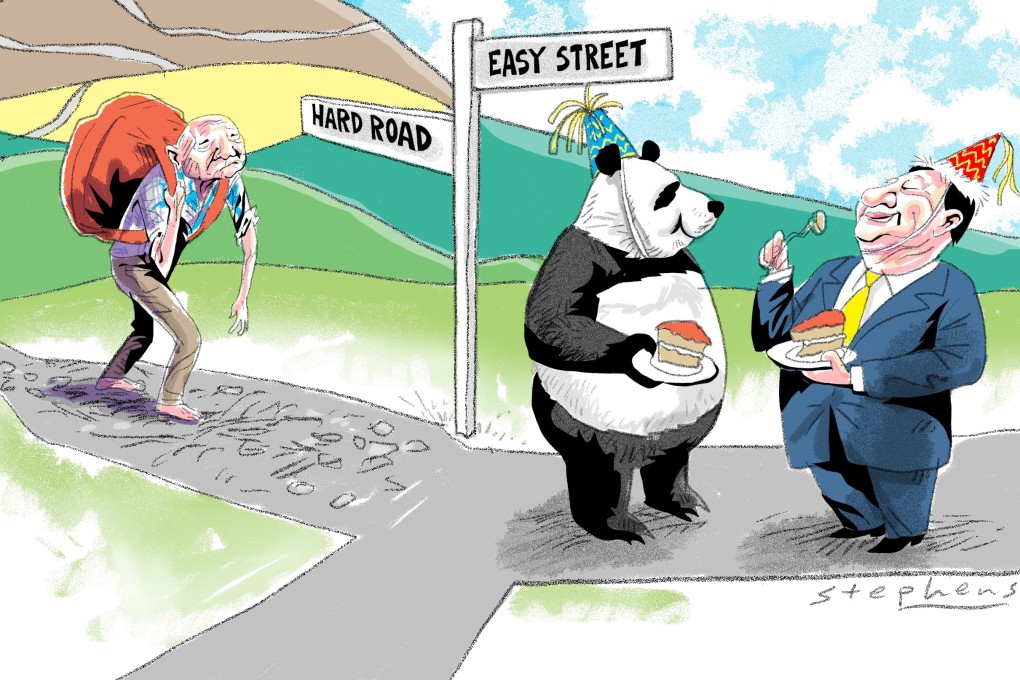Advertisement
Opinion | To properly celebrate the 70th anniversary of the People’s Republic, China has to embrace its messy, complex and bloody history
- The blood and strife of history belie the orderly narrative of the founding of the People’s Republic, with a civil war that was neither glorious nor heroic
- Today’s leaders were all born after 1949 while yesterday’s leaders understood the struggle, dedication and sacrifice of becoming New China
Reading Time:4 minutes
Why you can trust SCMP
0

On October 1, China celebrates the 70th anniversary of the People’s Republic of China. There will be a military parade, fanfare and a speech by President Xi Jinping, likely lauding China’s accomplishments and calling for more unity, nationalism and progress. However, Xi, like the rest of the leadership, was not alive when the People’s Republic was founded and did not experience what it took for New China to be formed. I did.
I have had the great fortune of a long life and the ability to bear witness to a changing China. I have distinct memories of my childhood in 1930s and 1940s China, the tumultuous pre-People’s Republic period. I have also had the honour of being in China to celebrate the 30th, 40th, 50th and 60th anniversaries.
The older generation of leaders understood the struggle, dedication and sacrifice of becoming a new country. Today’s leaders know only the fruit of those struggles.
The communist victory was not as glorious and heroic as is often pictured in Chinese films and speeches. Many factors of Mao Zedong’s success were outside his control, and do not fit the party’s preferred narrative. These included the Sino-Japanese war, Chiang Kai-shek’s failures and Zhang Xueliang’s interference.
In 1936, Chiang wanted to finish off the communist forces decimated by the Long March but “Young Marshal” Zhang disagreed. He had been Manchuria’s warlord before the Japanese invasion and could not stand to watch more of China fall. He insisted that Chiang fight Japan first, ultimately kidnapping him to force him to join the communists’ fight against Japan.
As the Japanese advanced, and after the Marco Polo Bridge incident in 1937, my family was forced out of our Beijing home. We fled from city to city until we reached the British colony of Hong Kong. I embraced my new home, learning Cantonese and enjoying Western luxuries. But, after the 1941 Pearl Harbour attack, the Sino-Japanese War became part of the second world war and Hong Kong was bombed. In Japanese-occupied Hong Kong, we faced food and water shortages.
Advertisement
